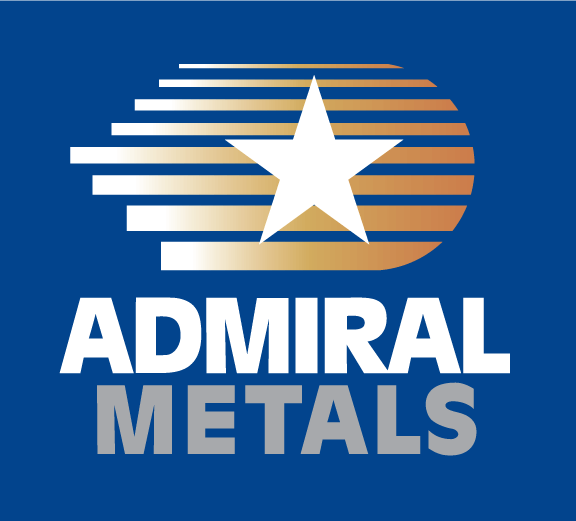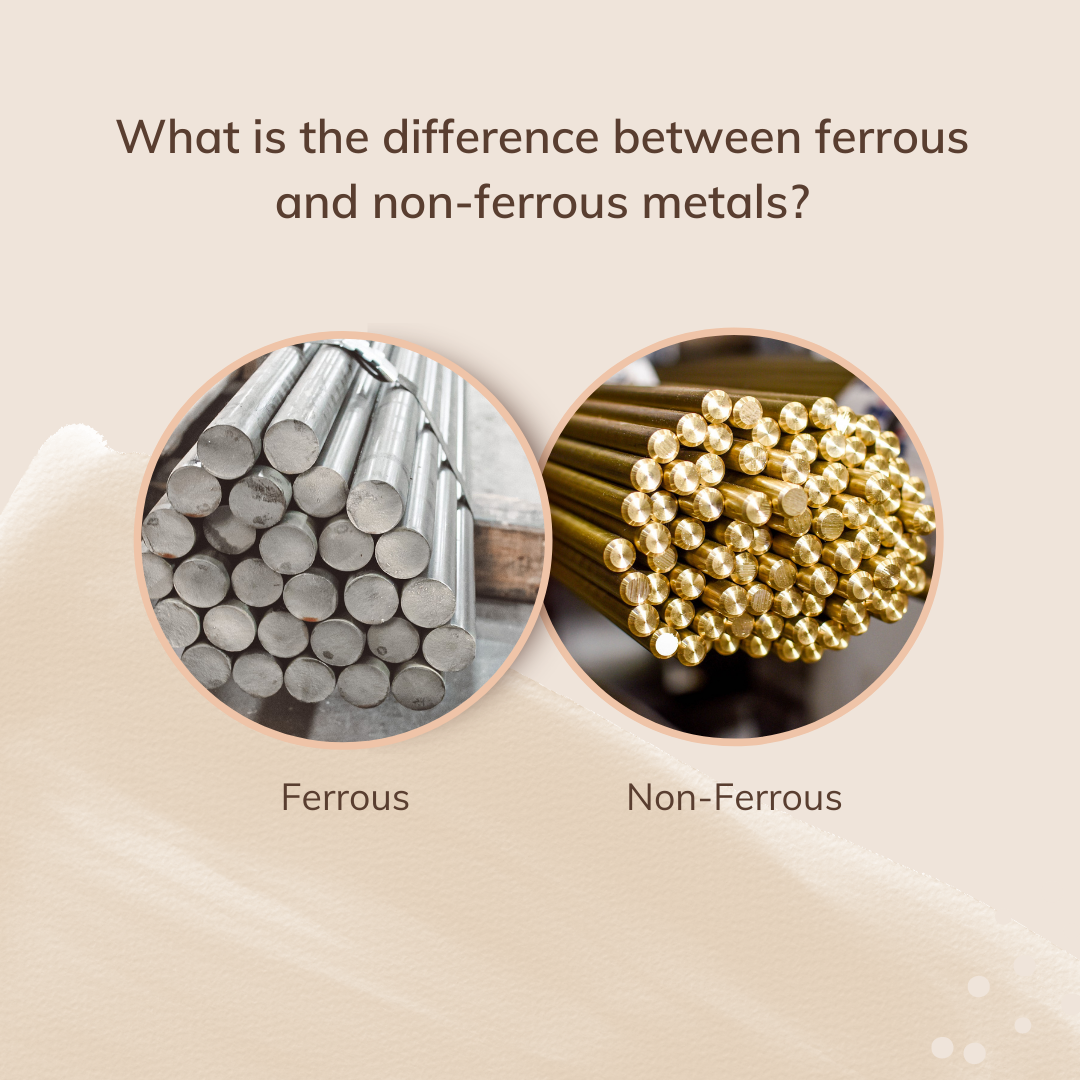film Independence Day: Resurgence 2016 trailerdownload full movie Krampus
In today’s text-driven, say-it-fast culture, we are bombarded with acronyms that often
become part of our every day communication. For the older set, there’s AARP; for the
younger text-messaging set, it’s LOL (Laugh Out Loud). We find acronyms woven through
the jargon of any industry, each with an implied definition that comes with time and usage.
In metals, there is MSDS (Material Safety Data Sheet), RoHS (Restriction of Hazardous
Substances Directive) and DFARS (Defense Federal Acquisition Regulation Supplement).
DFARS is a set of restrictions for the origination of raw materials intended to protect the
US defense industry from the vulnerabilities of being overly dependent on foreign sources
of supply. For those of you with government or defense-related contracts, compliance with
DFARS is crucial. However, there are inconsistencies in the way the term is used, or
over-used, leading us to believe some clarification might be useful.
Qualifying Countries
The term DFARS compliant has come to mean materials (metal or otherwise) that come
from domestic or NATO sources. In fact, there are countries included in DFARS that are
not members of NATO.
DFARS qualifying countries (Per DFARS 225.872-1):
Australia, Austria, Belgium, Canada, Denmark, Egypt, Finland, France, Germany,
Greece, Israel, Italy, Luxembourg, Netherlands, Norway, Portugal, Spain, Sweden,
Switzerland, Turkey, and the United Kingdom.
Metals Requiring Compliance
Because the use of metals is so prevalent in government- and defense-related contracts,
we are often asked for DFARS compliance even when the restrictions do not apply. In fact,
not every metal used in government or defense contracts requires DFARS’ standards.
DFARS “Specialty Metals” requiring compliance (Per DFARS 252.225-7008):
Steel: With a maximum alloy content exceeding one or more of the following limits:
manganese, 1.65 percent; silicon, .60 percent; or copper, .60 percent; or
Containing more than 0.25 percent of any of the following elements:
aluminum, chromium, cobalt, columbium, molybdenum, nickel, titanium,
tungsten, or vanadium;
Metal alloys consisting of nickel, iron-nickel, and cobalt base alloys containing a total
of other alloying metals (except iron) in excess of 10 percent;
Titanium and titanium alloys; or
Zirconium and zirconium base alloys
At Admiral, we understand the complexities of DFARS and its impact on your business. Not
only do we stock a wide range of the stainless steel and specialty alloys that meet DFARS
standards, our aluminum, copper, and brass products have DFAR compliant availability sources. It‘s one more way in which Admiral delivers quality to our customers, often the very next day – that would be PDQ.
Wishing you the very best in business,
![]()
What is the future of the workplace?
This last year and half have been filled with uncertainty whether you are a company owner or an employee working for someone else. During...



